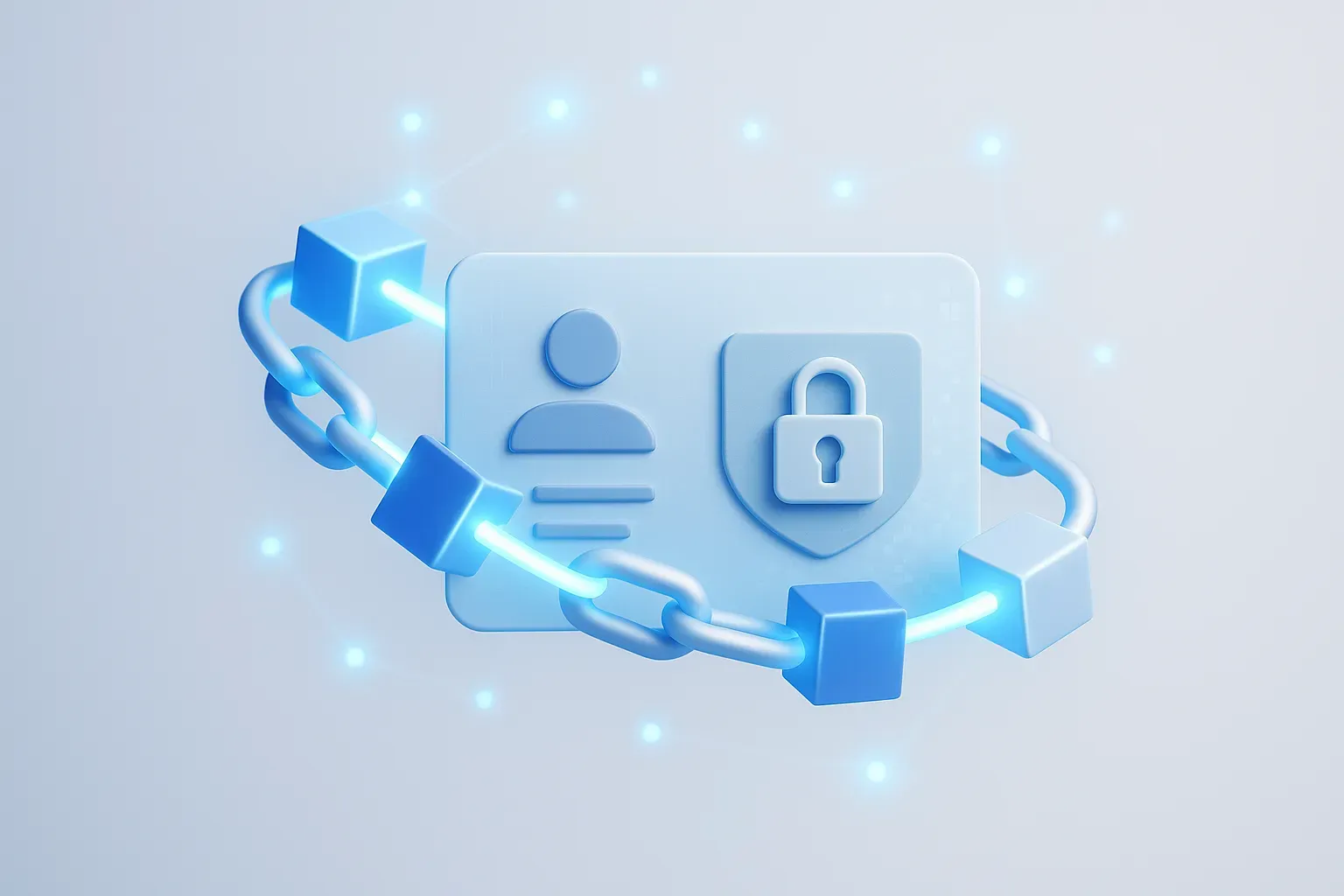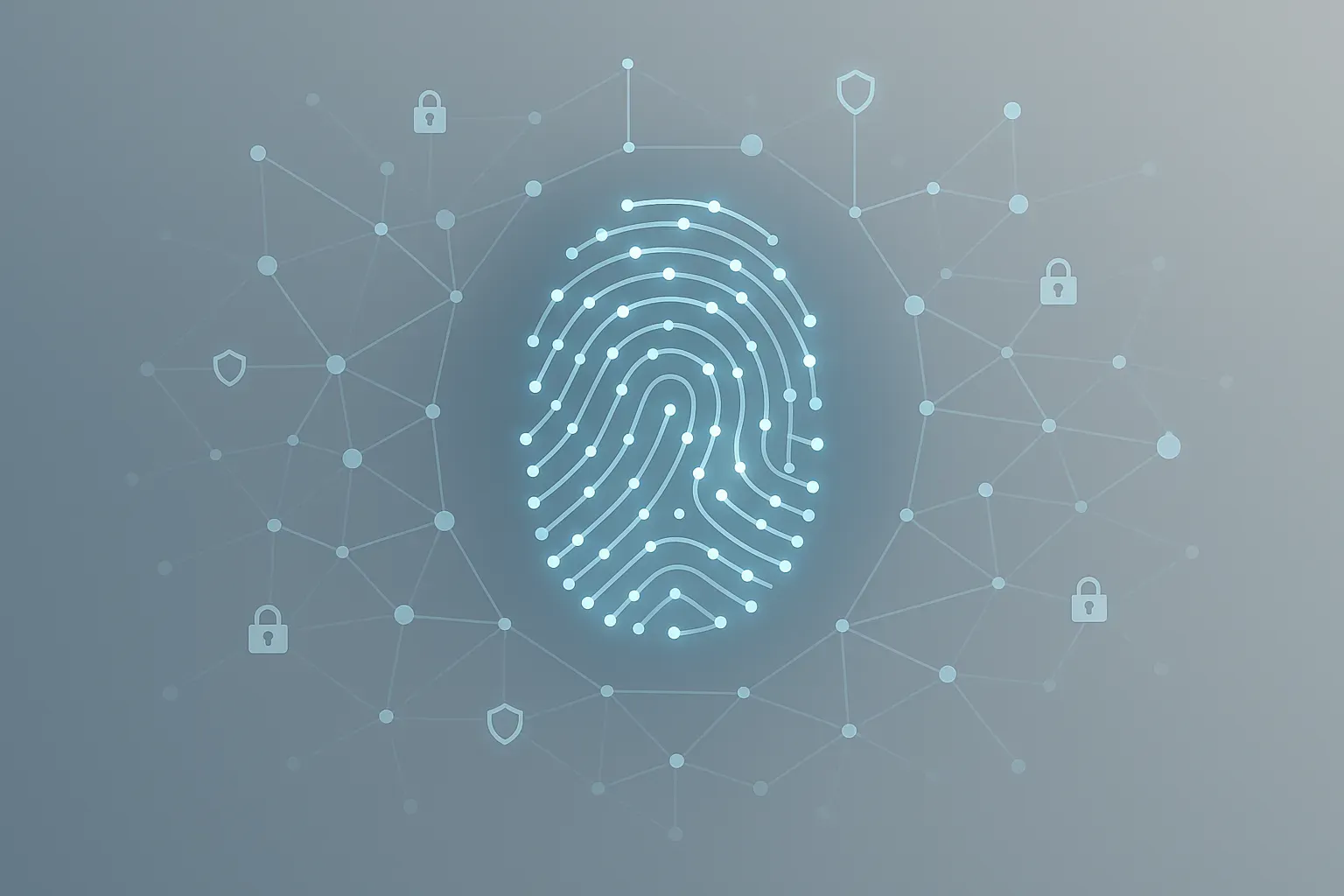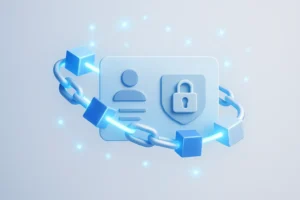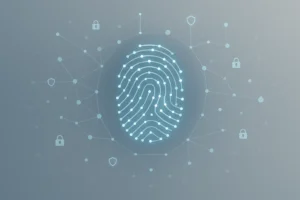Blockchain technology is revolutionizing election security, offering innovative solutions to long-standing challenges. This article explores real-world examples of how blockchain ensures immutable vote records, protects audit trails, and safeguards election integrity. Drawing on insights from experts in the field, we’ll examine how smart contracts, cryptographic proofs, and tamper-proof ledgers are transforming the voting process and increasing accessibility.
- Blockchain Ensures Immutable Vote Records
- Decentralized Ledgers Protect Audit Trails
- Distributed Systems Safeguard Election Integrity
- Smart Contracts Automate Vote Counting Process
- Cryptographic Proofs Verify Voter Identities
- Tamper-Proof Ledgers Eliminate Result Disputes
- Secure Remote Voting Increases Accessibility
Blockchain Ensures Immutable Vote Records
One clear example of how blockchain is being used to improve data security and prevent tampering in voting systems comes from blockchain-based e-voting platforms like Voatz (used in limited U.S. pilot elections) or Estonia’s digital governance experiments.
Here’s how the system works and why it’s important:
Once a person casts their vote, the vote is encrypted, verified, and registered on a blockchain. At that point, it cannot be changed, undone, or tampered with—not by the government, not by a hacker, not by any human error. The blockchain acts as an immutable digital ledger, meaning once the vote is recorded, it’s final and traceable.
Each eligible voter has one verified identity on the blockchain network, and that identity corresponds to exactly one vote. There’s no way to duplicate, fake, or forge additional votes.
What makes this solution noteworthy:
- 100% transparency: Since it’s recorded on a public blockchain, anyone can verify the total vote counts and ensure no votes were added, removed, or changed.
- No human error: Because the system is automated and decentralized, there’s no room for manual counting mistakes, ballot misplacements, or fraudulent interference.
- Tamper-proof and trustless: The system doesn’t rely on trusting any central authority—the code and the chain do the job.
In short, blockchain voting ensures the vote you cast is the vote that gets counted, visible to everyone and unchangeable by anyone.
 Matas Cepulis
Matas Cepulis
CEO, Luvkaizen.com
Decentralized Ledgers Protect Audit Trails
As a fintech staff augmentation firm with almost 6 years of experience, we’ve advised many clients on how to use blockchain for their security and anti-tampering measures, so we’re very familiar with it.
When it comes to election systems, blockchain is often used in audit trails. By utilizing blockchain, you can ensure that audit trails are impossible to tamper with. Additionally, the decentralized nature of blockchain plays a significant role in ensuring that voter identities can remain private.
Why does this matter for other companies? If you’re handling any sort of sensitive data or need to provide audits for any regulations, then implementing similar systems can help you keep your clients safe and your certifications valid.
Blockchain use could potentially be a selling point for your product as well, although you may need to explain the benefits to clients who may not understand what this means for them.
 Alex Kugell
Alex Kugell
CTO, Trio
Distributed Systems Safeguard Election Integrity
Blockchain technology offers a powerful solution to prevent manipulation in elections. By using a decentralized ledger, the voting process becomes resistant to attacks that target a single point of control. This distributed system ensures that no single entity can alter the results without detection.
The transparent nature of blockchain makes it difficult for bad actors to tamper with votes unnoticed. As more countries explore this technology, it’s crucial to stay informed about its potential to safeguard democracy. Consider learning more about blockchain’s role in election security to support fair and transparent voting processes.
Smart Contracts Automate Vote Counting Process
Smart contracts on the blockchain are revolutionizing vote counting in elections. These automated programs execute predefined rules without human intervention, ensuring a transparent and error-free tallying process. By removing the need for manual counting, smart contracts significantly reduce the risk of human error or intentional manipulation.
This technology also allows for real-time result updating, increasing public trust in the election process. As this innovation gains traction, it’s important to understand its implications for future elections. Take time to research how smart contracts work and their potential impact on electoral systems.
Cryptographic Proofs Verify Voter Identities
Voter identity verification is crucial for maintaining election integrity, and blockchain technology offers a robust solution through cryptographic proofs. This system allows voters to prove their identity securely without revealing personal information, protecting privacy while ensuring legitimacy. The use of cryptography makes it extremely difficult for anyone to impersonate a voter or cast multiple votes.
This technology also enables quick and accurate verification, streamlining the voting process. As identity theft concerns grow, blockchain’s role in secure identification becomes increasingly important. Explore how cryptographic proofs work to better understand their potential in safeguarding elections.
Tamper-Proof Ledgers Eliminate Result Disputes
Blockchain’s immutable record-keeping capability is transforming how election results are stored and verified. Once data is recorded on the blockchain, it cannot be altered or deleted, effectively eliminating post-election result disputes. This permanent, tamper-proof ledger provides a reliable source of truth that can be audited at any time.
The transparency of blockchain records also allows for easy public verification of results, enhancing trust in the electoral process. As disputes over election outcomes continue to arise, blockchain offers a promising solution. Investigate how blockchain’s immutability feature works to appreciate its potential in ensuring electoral integrity.
Secure Remote Voting Increases Accessibility
Blockchain technology is paving the way for secure remote voting, increasing accessibility for all voters. This system allows people to cast their votes from anywhere while maintaining the same level of security as in-person voting. Blockchain ensures that each vote is securely recorded and cannot be altered, addressing concerns about remote voting integrity.
This technology also enables real-time vote tracking, allowing voters to verify that their vote was counted correctly. As the demand for flexible voting options grows, blockchain presents a viable solution. Look into ongoing remote voting projects using blockchain to understand how this technology might shape future elections.













